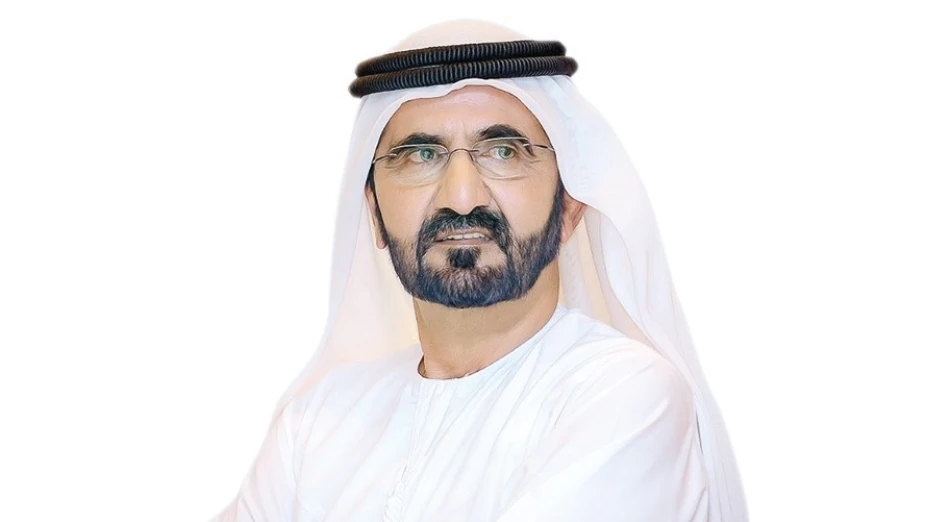
UAE Appoints Ahmad Al-Sayyagh as New Health Minister, Announced by Sheikh Mohammed bin Rashid
UAE Reshuffles Health Ministry Leadership as Healthcare Sector Undergoes Major Transformation
The United Arab Emirates has appointed Ahmed Al Sayegh as its new Minister of Health, marking a significant leadership change as the Gulf nation continues to modernize its federal healthcare system. The appointment, announced by Dubai's ruler Sheikh Mohammed bin Rashid Al Maktoum, reflects the UAE's ongoing efforts to strengthen its health infrastructure following lessons learned during the COVID-19 pandemic.
Strategic Leadership Transition
Sheikh Mohammed bin Rashid Al Maktoum, UAE Vice President, Prime Minister, and Ruler of Dubai, announced the ministerial reshuffle via his official social media account. The move sees Ahmed Al Sayegh taking over from Abdul Rahman Al Owais, who served as Health Minister during a period of "continuous changes to develop the federal health system."
Rather than a complete departure, Al Owais will remain within the government structure as Minister of State for Federal National Council Affairs, suggesting the UAE values continuity while adapting its leadership to meet evolving healthcare challenges.
Context of Healthcare Reform
Post-Pandemic Healthcare Evolution
The timing of this appointment is particularly significant given the UAE's ambitious healthcare transformation agenda. The country has been investing heavily in digital health infrastructure, telemedicine capabilities, and medical tourism sectors since 2020. The leadership change likely signals a new phase in implementing the UAE's Vision 2071, which aims to make the country the world's best nation by its centennial.
Regional Healthcare Competition
This ministerial change comes as Gulf states intensify competition to become regional healthcare hubs. Saudi Arabia's Vision 2030 includes massive healthcare investments, while Qatar has expanded its medical capabilities ahead of and following the 2022 World Cup. The UAE's leadership refresh suggests recognition that maintaining its competitive edge requires fresh strategic thinking.
Implications for Healthcare Policy
Federal System Coordination
The UAE's unique federal structure, where individual emirates maintain significant autonomy over healthcare delivery, presents ongoing coordination challenges. Dubai and Abu Dhabi operate world-class medical facilities independently, while the federal ministry focuses on policy harmonization and smaller emirate support. Al Sayegh's appointment may signal efforts to better integrate these parallel systems.
Investment and Innovation Focus
The new minister will likely oversee continued expansion of the UAE's medical tourism sector, which has become increasingly important to economic diversification efforts. The country has positioned itself as a gateway for patients from across the Middle East, Africa, and South Asia seeking high-quality medical care.
The leadership transition reflects broader trends in Gulf governance, where technocratic appointments increasingly replace traditional political considerations. As the UAE continues building its post-oil economy, healthcare represents both a significant investment opportunity and a crucial component of citizen welfare that directly impacts the country's social contract.
This ministerial reshuffle demonstrates the UAE's pragmatic approach to governance—maintaining institutional knowledge through Al Owais's reassignment while bringing fresh leadership to address evolving healthcare challenges in an increasingly complex global environment.
Most Viewed News

 Sara Khaled
Sara Khaled






